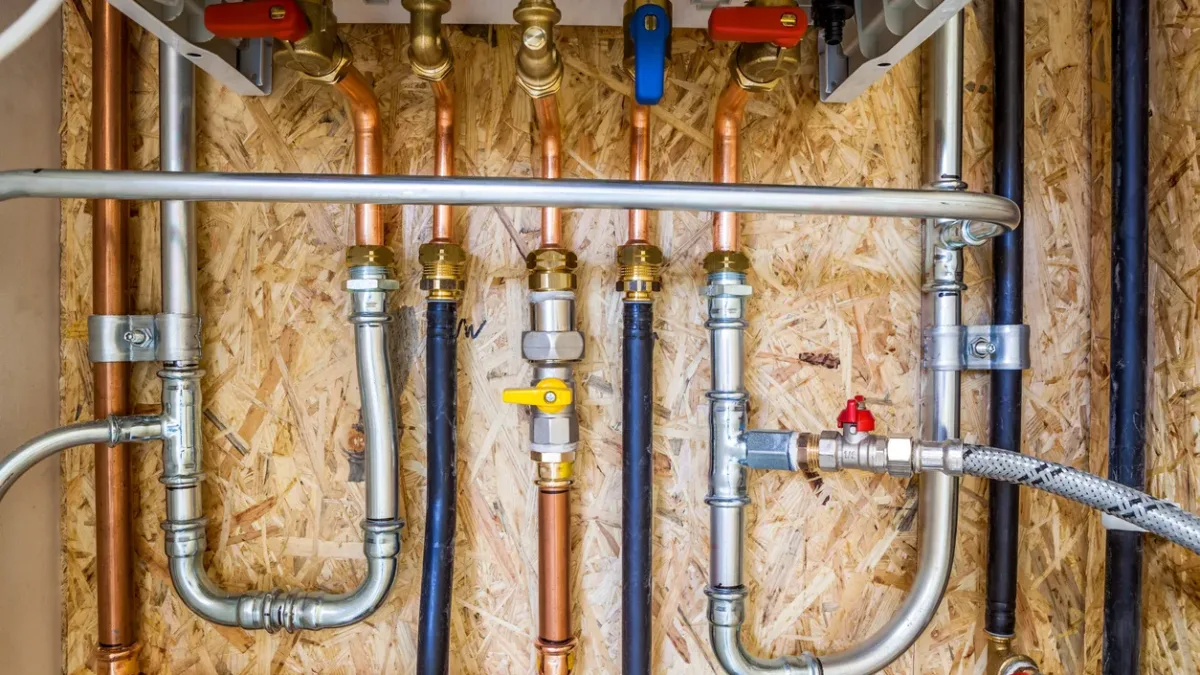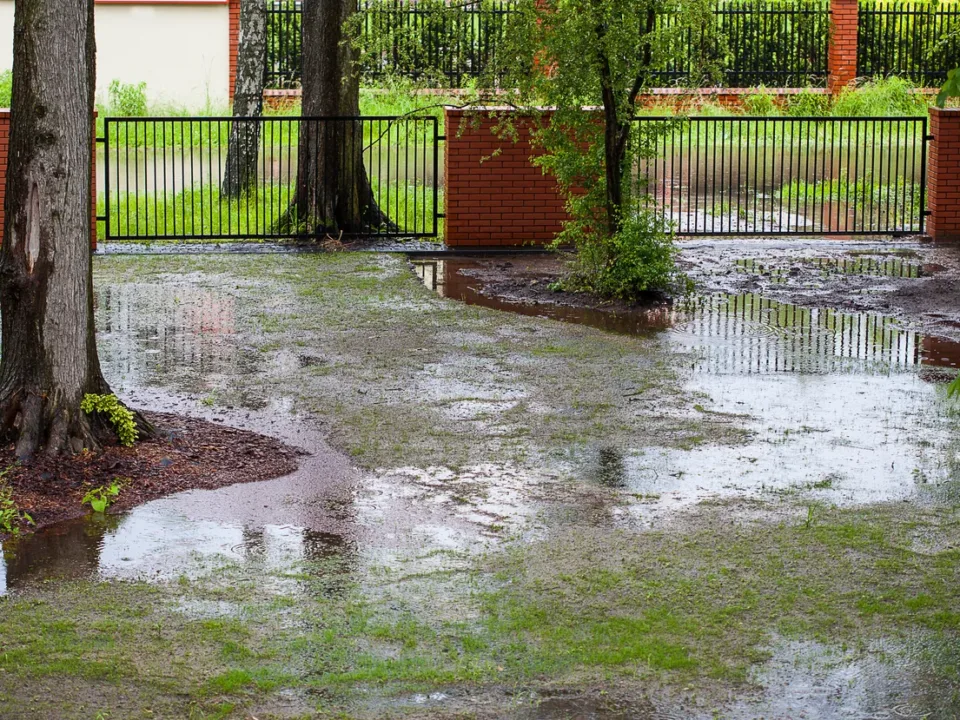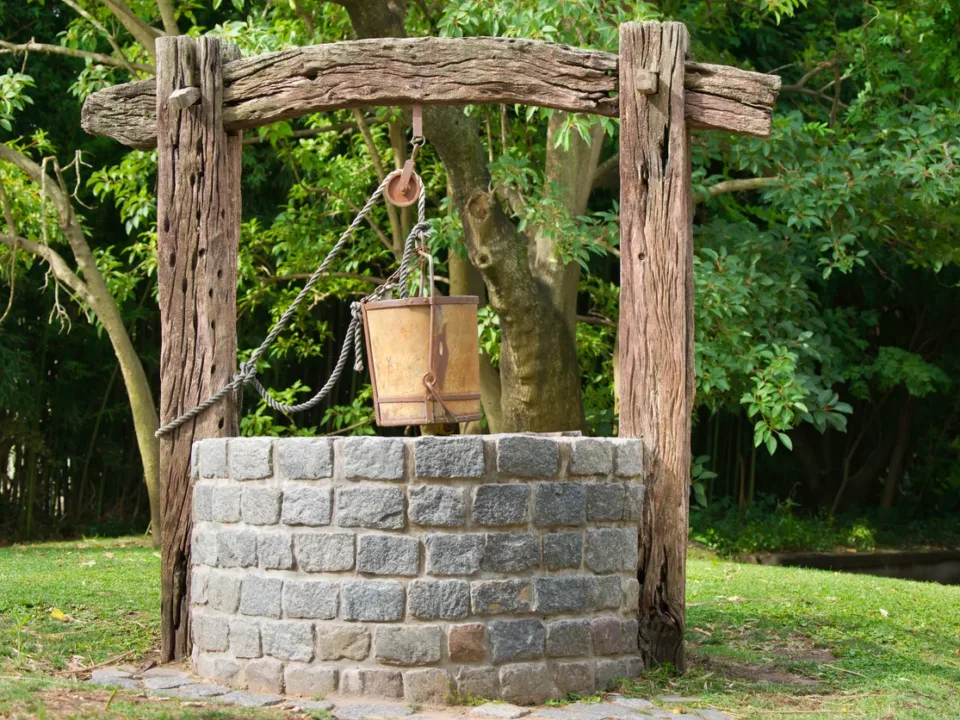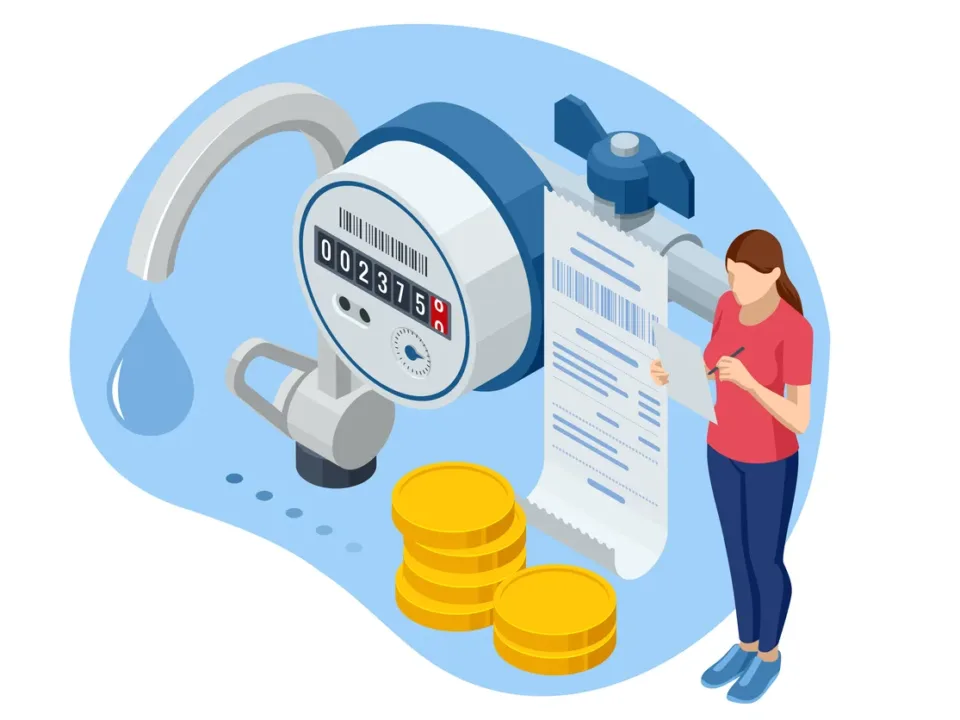What Does FIB Mean in Plumbing?
Hello there, Houston homeowners and DIY enthusiasts! Have you ever encountered an acronym that left you scratching your head? In the plumbing world, FIB is a term that gets thrown around often. No, it’s not a fabricated lie we tell kids about plumbing; FIB stands for “Fixture Isolation Branch.” We’ll dive deep into what FIB means in plumbing, why it’s essential, and how it impacts you. Let’s flush away any confusion!
What is a Fixture Isolation Branch (FIB)?
A Fixture Isolation Branch is a segment of your plumbing system that isolates specific fixtures like sinks, toilets, or water heaters. This isolation allows for better control over water flow and simplifies the troubleshooting process when issues arise.
Why Is FIB Important?
Imagine turning off the entire water supply to your house because of a leaky faucet. Sounds inconvenient. Well, that’s where FIB comes in handy. By isolating plumbing fixtures, you can address problems without affecting the rest of your home. This isolation makes maintenance more accessible, quicker, and less disruptive.
Benefits of FIB
- Efficient Repairs: You don’t have to shut down the whole system for a single repair.
- Cost-Effective: Reduced labor hours translate to lower repair costs.
- Improved Water Pressure: Isolating fixtures can help maintain water pressure throughout your home.
How Does FIB Work?
In a FIB system, each plumbing fixture is connected to the main water supply via a dedicated branch. Shut-off valves are installed at the beginning of these branches, enabling you to isolate fixtures for maintenance without turning off water to the entire house.
Components of an FIB System
- Shut-Off Valves: These are the ‘switches’ that allow you to isolate fixtures.
- Branch Lines: These are the dedicated pipes that lead to each fixture.
- Main Water Line: This is where all the branch lines are connected.
FIB in Residential vs. Commercial Settings
While FIB is standard in residential settings for its convenience, it’s almost a requirement in commercial buildings. Larger systems have more complexities, making fixture isolation crucial for efficient operation.
DIY or Professional Help?
If you’re a DIY enthusiast, installing a FIB system may be tempting. However, it’s a task that requires expertise in plumbing codes, proper tools, and an understanding of your home’s plumbing layout. That’s where professionals like Joe The Plumber come in! Based in Houston, Texas, we have the expertise to install or troubleshoot your FIB system efficiently.
Signs You Need a FIB System
- Frequent plumbing issues affecting multiple fixtures
- Inconsistent water pressure
- Upcoming home renovation
Frequently Asked Questions About FIBs in Plumbing
What is the primary purpose of an FIB?
The primary purpose of a FIB is to isolate specific fixtures in your plumbing system. This isolation allows you to work in a particular area without having to shut off the water supply to the entire building.
Do I need a plumber to install an FIB system?
While DIY enthusiasts may be tempted to try installing a FIB system themselves, we highly recommend consulting a professional. This task involves knowledge of plumbing codes, the right tools, and an in-depth understanding of your plumbing system.
Is a FIB system expensive to install?
The cost of installing a FIB system varies depending on the complexity of your plumbing layout and the number of fixtures you want to isolate. However, in the long run, it’s a cost-effective investment that makes future repairs and maintenance less expensive and disruptive.
Can FIBs help in conserving water?
Indirectly, yes. By isolating a leaky or malfunctioning fixture quickly, you can prevent water wastage until the problem is fixed. Also, you won’t have to shut down your entire water system for repairs, meaning other fixtures can operate normally, reducing the chances of overusing or misusing water elsewhere.
Do commercial buildings also use FIB systems?
Absolutely. FIB systems are almost a requirement in commercial buildings due to the complexity of their plumbing systems. The ability to isolate specific fixtures makes it easier to manage maintenance and repairs, especially in more extensive facilities.
How do I know if my home already has an FIB system?
The easiest way to check is by looking for shut-off valves dedicated to individual fixtures. These valves would be located at the beginning of the branch lines leading to each fixture. If you’re unsure, a professional assessment can provide a definitive answer.
How do I maintain my FIB system?
Routine checks for leaks and a yearly professional assessment should keep your FIB system in top shape. If a problem arises, isolating the affected fixture will make it easier to conduct repairs without impacting the rest of the system.
Want Professional Installation of a FIB? Call Joe The Plumber
Understanding the importance of a Fixture Isolation Branch (FIB) can save you time, money, and the hassle of dealing with extensive water shut-offs. If you’re in Houston, Texas, and need professional help with your FIB system, don’t hesitate to get in touch with Joe The Plumber. With our expertise, your plumbing system will be as efficient as ever.







